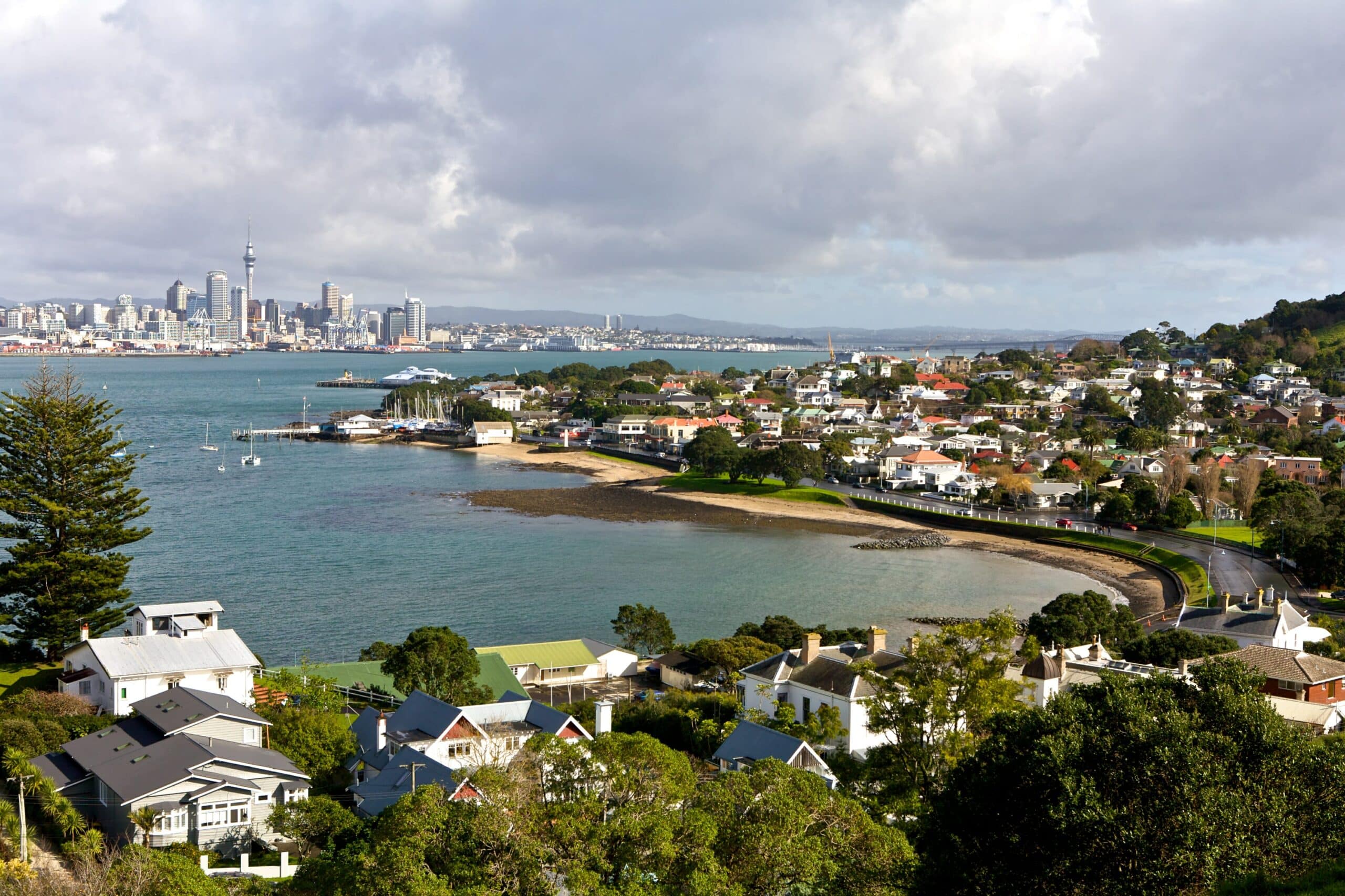Buying Property In New Zealand

There are few restrictions on foreigners buying property there, although ownership certainly does not guarantee residency rights. It is worth mentioning though, that buying/building brand new residential property is included in the ‘acceptable investments’ category for investor visas. If the property costs more than NZ$10 million, is on a plot larger than five hectares or is on the coast and larger than 2,000 square metres, then the purchase must be approved by the Overseas Investment Office.
New Zealand estate agents must, by law, be licensed. So the first job when you find an agent is to check the public register on the Real Estate Agents Authority website, www.reaa.govt.nz. The agent is paid by the seller, and although they are required by law to treat the buyer fairly, their loyalty is to the seller.
Major property portals include www.realestate.co.nz and www.nz.open2view.com.
There are three main ways to buy a property in New Zealand. There is the ‘usual’ way, familiar to most UK and US buyers, and known in New Zealand as Sale by Private Treaty. This is where the house is offered at a certain price which the buyer may try and negotiate over. A verbal offer is not binding.
The seller provides an LIM (Land Information Memorandum), which covers the same kind of information that a solicitor’s searches would in the UK. The buyer’s lawyer or conveyancer checks the documents and prepares a sale and purchase agreement. When ready to go ahead, the buyer signs the contract, which is now binding, and pays a 10% deposit into the agent’s trust account. The deal is completed three weeks later and balance of money transferred.
Another way of buying and selling property is with a tender. Here, the seller offers a guide price and closing date. Prospective buyers (or their representative) read the tender documents, fill in a sale and purchase agreement and send it back with a cheque for the 5 or 10% deposit. The seller can decide which, if any, of the offers to accept, and the successful tender continues to completion.
The third way is at auction. As usual in auctions, when the hammer comes down on your offer you must pay 10% and the deal is binding. For this reason it is important to get the LIM and any building inspection/survey before the auction.
Buying costs are relatively low, amounting to no more than around NZ$3,000, which includes a registration fee, lawyer/conveyancer’s fee, building inspection, valuation and LIM.
By Christopher Nye